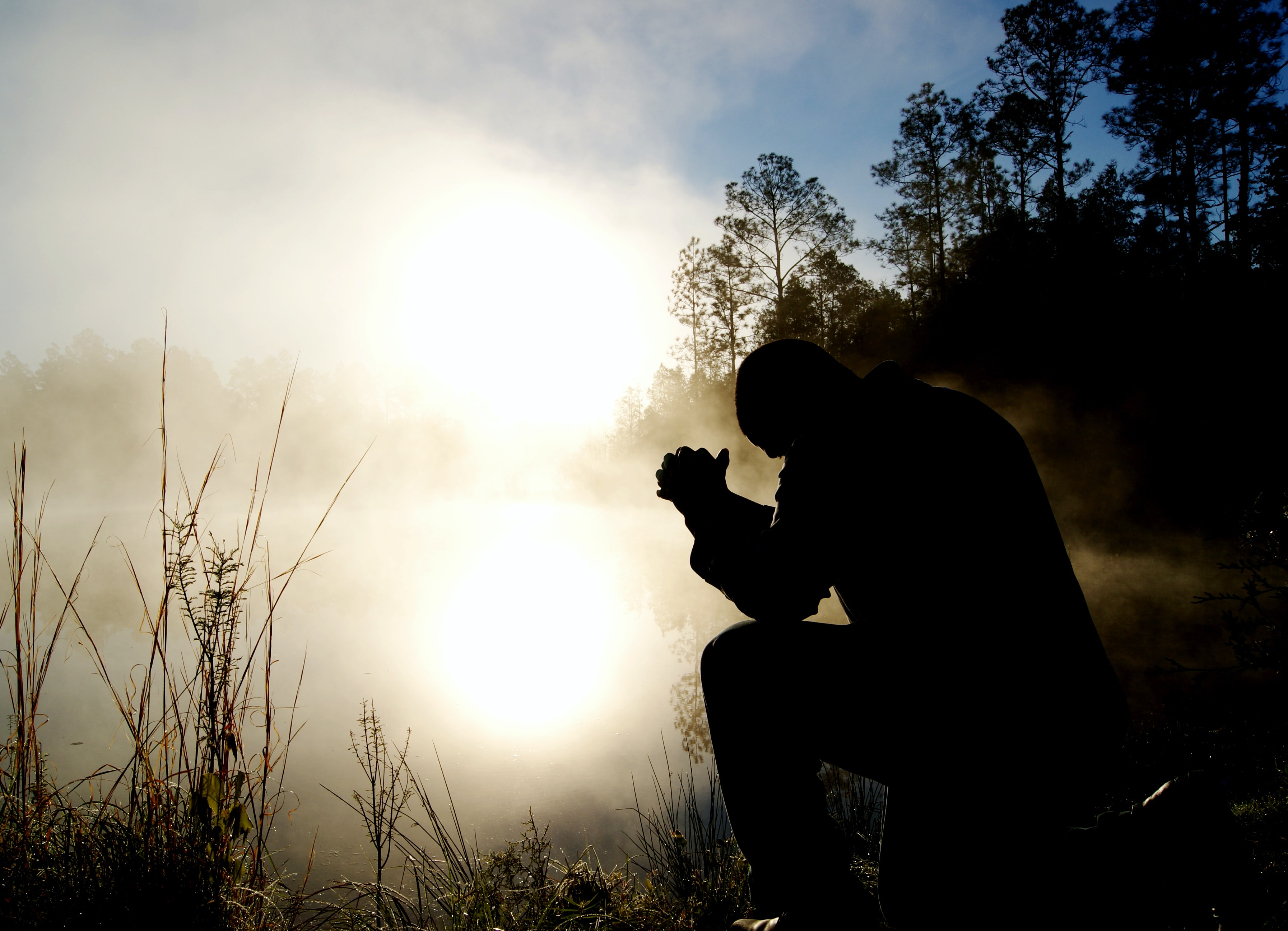
Statement
All people are created in the image of God. Therefore, we believe that people of all races have an inherent dignity as an individual who reflects the image and...
Ireland has its own history of people who suffered the realities of famine. The famine experience is deeply rooted in our collective memory. Since that time, the people of Ireland have consistently been among the most compassionate, generous, and active when we become aware of others who are suffering from poverty, hunger, and famine.

Photo: Famine memorial in Dublin, Ireland
The images we have seen over the last few weeks are shocking. The pictures of emaciated, malnourished young children in Gaza do something visceral within us – certainly within me.
But we knew this point was coming.
Through our work in the humanitarian aid sector, we are regularly exposed to people in pain, people suffering injustice, and people struggling to feed themselves and their families. In much of our work the lack of food is a result of poverty, crop failure due to erratic weather patterns, groups of people migrating to avoiding conflict, and short supply of food because of conflict. But even in the most unjust situations we usually refer to people who are starving or facing starvation.
But there is a difference between people who are starving and people who are being starved.
These pictures are difficult to see. Aid workers on the ground confirm these pictures are not AI generated fakes. Our partners have told us how difficult it is to watch as their colleagues working in Gaza have grown thinner and thinner over the last few months, because of their own inability to find food. Our colleagues in the sector have told us the restrictions on aid are having a direct impact on the life and health of people. These comments are from people we trust. They are professional humanitarian aid workers committed to principles of impartiality and non-discrimination.
These pictures are difficult to see. As a Christian organisation our fundamental belief is that all people are created in the image of God. As such, each person, regardless of their race, ethnicity, nationality, political persuasion, or even religious belief, has inherent worth and is deserving of dignity. Even the rights-based approach states that access to food is a fundamental human right.
These pictures are difficult to see. How many times through history have we seen similar images? How many times have we insisted that we will never let it happen again?
As a Christian I am driven by the fundamental commands of learning to love God with all my heart, soul, mind, and strength; and loving my neighbour as myself. Within those commands are the practical instructions to feed the hungry and give water to the thirsty (Matthew 25:35), to love my enemy and pray for those who persecute me (Matthew 5:44), and even to give bread to my enemy if he is hungry (Proverbs 25:21).
These pictures are difficult to see. Especially when those who share the fundamental beliefs I just listed are divided in how we respond to this conflict. I do not pretend to have all the answers, but I am convinced that we should not be seeing these images of children being starved.
I pray for an end to this and all conflict. I am praying for peacemakers who will generate creative solutions to deeply complex problems. I am praying that the people of Gaza will receive their daily bread.
Tearfund Ireland continues to raise funds to send emergency medical supplies into Gaza as well as ongoing aid to displaced families in Lebanon. If you would like to make a donation to this appeal please give what you can.